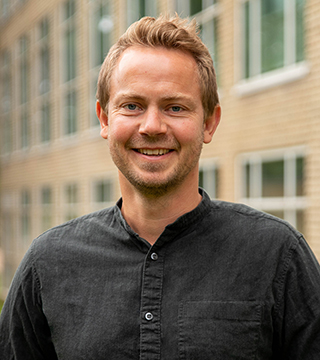Meet Peter Stoustrup
Bridging high-level research and clinical practice
How can we optimise diagnosis and treatment in order to improve outcome and impact on general quality of life for people suffering from abnormal facial growth and deformities? This is a fundamental question for Associate Professor Peter Stoustrup, born 1978, who is a dental specialist and researcher in the field of orthodontics.
“I am very fascinated by the complexity of facial growth and development. Since my dental education, I have been involved in research and clinical management of children and adolescents with abnormal facial growth and development. My research focus is to find answers to unsolved clinical issues with the aim of improving treatment outcome,” says Peter Stoustrup.
He explains how both innate conditions, like syndromes, and acquired conditions such as facial trauma, childhood arthritis and degenerative joint conditions can lead to facial abnormalities. In turn, these conditions often have great impact on the function of the jaw joints, masticatory muscles, and upper airways with a significant impact on general health and quality of life due to pain and reduced function.
According to Peter Stoustrup, multidisciplinary efforts are the key to solving complex clinical issues like diagnosis and management of facial deformities. He is a strong believer in interdisciplinary research – and in bridging research and clinical practice.
“The combination of high-level research and clinical work gives us an outstanding opportunity to learn from our current methods and improve our future approach to management of facial deformity. In Denmark, we have a longstanding tradition of advanced treatment of patients with facial deformities. My goals are to increase our knowledge so our inter-disciplinary efforts can optimise the care of these patients,” Peter Stoustrup concludes.
Peter Stoustrup has received the Young Investigator Talent Prize from The Bagger-Sørensen Foundation in 2016, and in 2013, he was awarded the research distinction Bjørk Prize by the Danish Society of Orthodontics.
